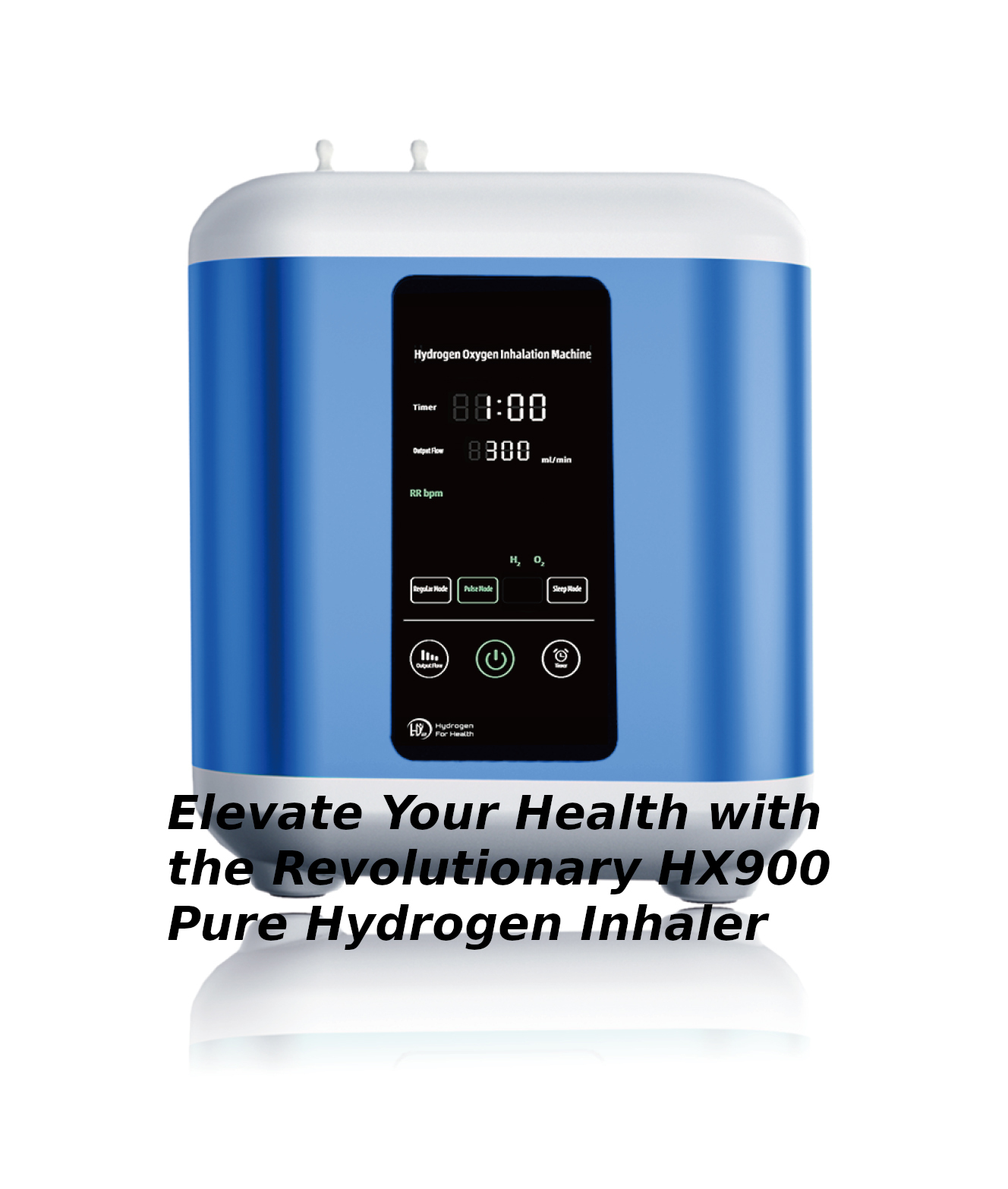
Allergic rhinitis. Hay fever. Seasonal Allergies. Call it whatever name you like, if you suffer from it, you know it as the itchy, runny (or stuffy) nose and burning, watery eyes that occur whenever you are exposed to an allergen. For some, allergic rhinitis is triggered by seasonal factors such as mold spores, pollen, or grass, while others are affected by the condition year-round thanks to triggers such as dust mites, pet hair, or cigarette smoke.
For people with allergic rhinitis, treatment typically involves an array of medications – such as corticosteroids, antihistamines, nasal sprays, eye drops, and decongestants. New research shows that the inhalation of hydrogen gas may also help to significantly improve the symptoms of allergic rhinitis, potentially reducing the need for many if not all of these medications.
The study, which was published in the journal, Experimental and Therapeutic Medicine, followed a group of 106 female mice with allergic rhinitis. For the study, the mice were divided into groups in which some acted as a control and were not exposed to hydrogen gas, some were exposed to a helium gas mixture, and some were given hydrogen gas for several hours each day over a one week period. At the end of the seven-day study period, all of the mice were observed for symptoms and given tissue and blood tests to determine levels of the proteins that might cause allergy symptoms.
The results? Researchers found that the mice who inhaled hydrogen gas showed a significant decrease in symptoms, reduced nasal inflammation, and decreased blood and tissue levels of the cytokines and chemokines that can cause allergy symptoms. Researchers concluded that “[T]reatment with H2 exhibited a beneficial effect on mouse health,” indicating that “H2 may have a therapeutic value for allergic diseases.”
This study confirms similar research, noted in this post, that found that molecular hydrogen helps to reduce or even prevent the symptoms of allergies by neutralizing the Reactive Oxygen Species (or ROS) that are produced by the body in response to allergens.
If you’re suffering from allergic rhinitis, put down those tissues and see if hydrogen gas is right for you.



